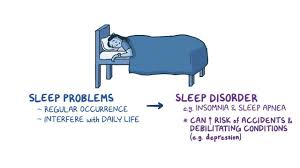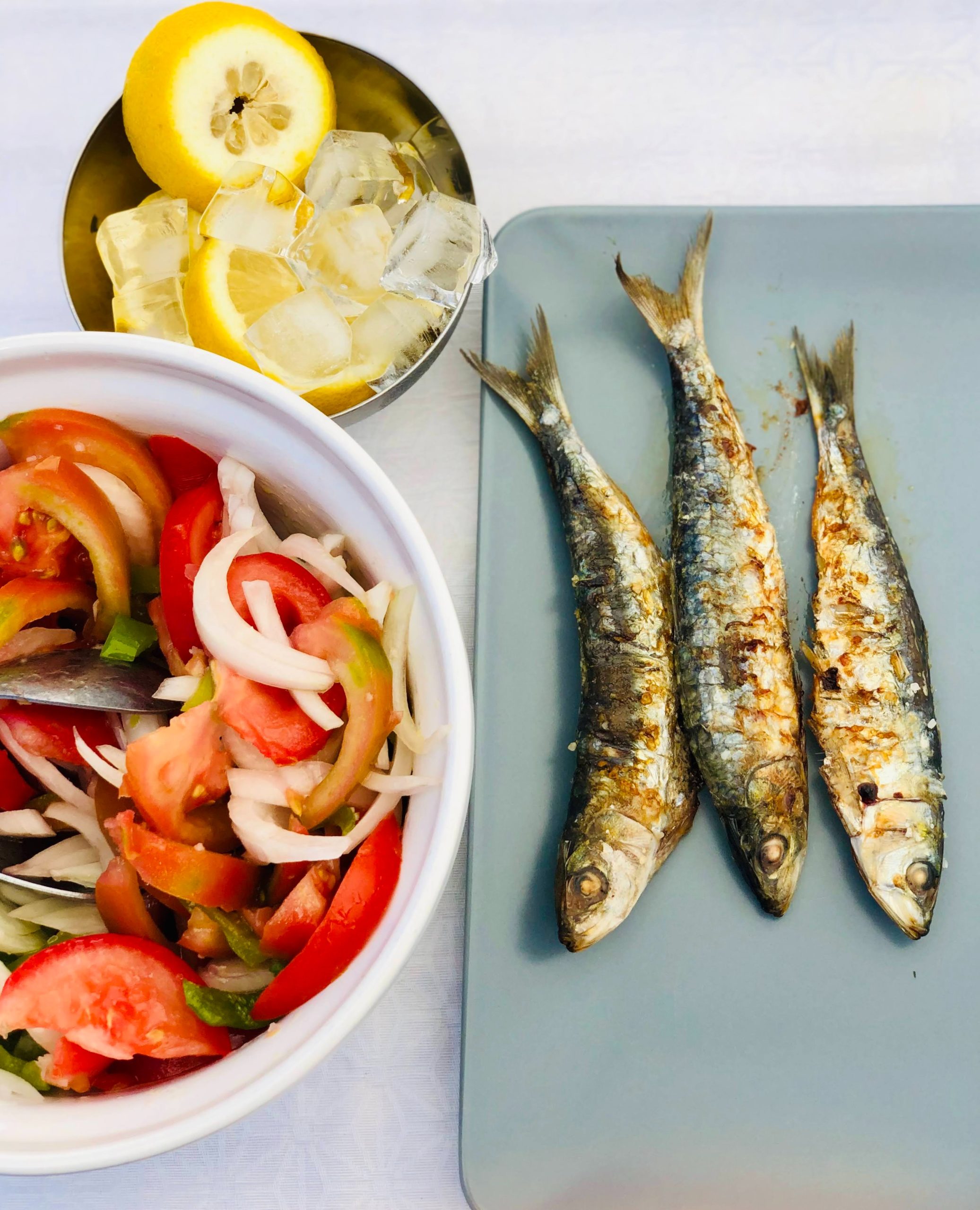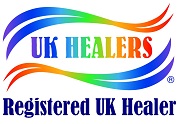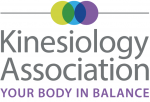Palpitations, a dry mouth, sweating, and insomnia are just some of the unmistakable signs of anxiety. Everyone has experienced these symptoms at some point in their life. Who hasn’t felt stage fright before a presentation, hyperventilated before an exam or spent a sleepless night before their dental appointment? Under normal circumstances, you get through the situation in question unscathed, and life goes on. However, it is very different for people who suffer from anxiety disorders. Patients with this condition experience virtually no relief or respite because their anxiety is unrelated to a specific situation or event and is – objectively – unfounded. There is no single challenge to get through and move on. Their anxiety goes on constantly, from one situation to the next, and the next, and the next … Although anxiety disorders were common even before the Coronavirus pandemic, the stress of lockdowns and worry about our own health and that of loved ones, our jobs and our financial security has sent numbers surging. A team of researchers at the University of Manchester are currently looking into this. Although the work is still ongoing, they predict that mental health problems will continue to be affected by the pandemic for years to come. 
So, where does nutrition come into it? At first glance, it may seem preposterous to say that diet influences how we feel; but think about it: In the cold, hard light of science, feelings are chemistry! Of course, in the first instance, it is our environment, our experiences, and to an extent, our personality that makes us feel the way we feel. But our feelings of fear, anger, overwhelm or love and confidence trigger the release of hormones in our body, which is where chemistry kicks in. We need the happy hormone serotonin and the pleasure hormone dopamine to feel good, the sleep hormone melatonin to sleep, and the stress hormones adrenaline and cortisol for our get-up-and-go and to fight or flee when we’re under threat. Hormones work in unison with each other. Some hormones suppress others; some trigger the release of others. But for these feedback mechanisms to work, for our body to even be able to manufacture the chemicals that we need, we must supply the raw materials they are made of.
Those raw materials are fatty acids, proteins, vitamins, minerals, and phytonutrients – nutrients. What’s more, even our friendly gut bacteria contribute to how we feel by extracting more nutrients from our food for us, manufacturing some, such as short-chain fatty acids, from scratch and even providing some ready-made serotonin! So, if you think of feelings that way, what we eat is bound to have a massive impact on how we feel and how we cope with the challenges life throws at us.
Don’t get me wrong; I’m not saying that diet will cure an anxiety disorder. However, if we try and fuel our body with poor-quality food that does not provide the building blocks of the hormones and catalysts our brain chemistry requires, we’ll have a much harder time overcoming mental health issues.
So, what are these nutrients our body needs, particularly when we are anxious?
Magnesium is often referred to as ‘nature’s tranquiliser’ – which hints at just how crucial this mineral is for supporting balanced mood, relaxation and deep sleep. One reason why magnesium helps us cope with anxiety might be that it plays a role in nerve transmission.[ii] The mineral is not even hard to find. There’s some in most foods, particularly in green leafy vegetables – think broccoli, spinach, kale, and watercress – but also in grains, such as brown rice, buckwheat and quinoa, nuts and seeds, or fish and seafood. Despite this, deficiency is common, which may have something to do with our penchant for convenience and junk foods that are just not as nutritious as real food.
A 2019 study found that the amino acid L-theanine might help manage anxiety and support a balanced stress response. L-theanine is found in green tea.[iii] It increases the activity of the neurotransmitter GABA, which has calming, anti-anxiety effects. The amino acid also raises dopamine and the creation of alpha waves in the brain. This is because l-theanine can cross the blood-brain barrier, a membrane that protects our brain from unwanted and harmful substances. The high intake of green tea by Buddhist monks may contribute to their famously calm demeanour and intense focus during meditation. If you want to give green tea a try, be sure to choose an organic one to reduce your exposure to pesticides and other toxins, which have been found to disrupt the brain’s stress circuitry.[iv]
The authors of a 2020 research review agree that the role of nutrition in the management of mental health disorders is underestimated.[v] They reviewed the existing research into omega-3 fats in connection with anxiety and found that this type of fat is critical for brain health and has been shown to reduce anxiety symptoms. As vegan diets are becoming more popular, it is important to note that omega-3 fats from plant sources, such as flaxseed oil or walnut oil, do not cover our daily requirements, let alone achieve therapeutic levels. The omega-3s these foods contain are inferior to the ones we need: EPA and DHA. Although the body can make those long-chain fatty acids can from plant-source omega-3 (alpha-linoleic acid or ALA), the conversion is sluggish and easily disrupted. Only about 5 per cent get converted. If you are vegan, do not like fish, or are allergic to it, your diet alone will cover your needs. I recommend finding a good-quality supplement with omega-3 from marine sources (i. e., algae), which is the only vegan source of DHA.
When talking about anxiety and nutrition, we must not neglect the role of the microbiota, the friendly bacteria in our gut. The majority of available research studies in 2019 showed that it is beneficial to give our gut bacteria some TLC. Interestingly, “non-probiotic interventions were more effective than the probiotic” ones.[vi]
That suggests that just popping a probiotic capsule may not be enough – and that’s no surprise, really. Don’t get me wrong; probiotics are beneficial; there is no doubt about that. However, their contents – live bacteria, e. g. Lactobacillus and Bifidobacterium species – are not going to settle in the gut. They are only travelling through, and while doing so, they help create a bacteria-friendly climate and temporarily crowd out undesirable microbes. But really, they are only lending a helping hand to our own, indigenous bacteria. Those are the ones that are at home there, and those are the ones that can protect our gut, feed our brains, improve our mood, and keep us healthy.
You can look after your friendly bacteria by giving them real food, especially fibre-rich plant foods, including vegetables, fruit, nuts, seeds, pulses, whole grains, herbs, and spices. Variety is key here. While probiotics – especially in the form of fermented foods like sauerkraut, kimchi, live yoghurt, kefir and kombucha – are great, prebiotics – fibre – are even better. We still need to learn much more about all the different microbes living in our guts, but what we do know is that the more different species we have, the healthier we are. How do we cultivate a variety of species? By keeping our diets interesting! Different microbes have different preferences. By varying what we eat, we are creating a desirable place for them to live.
To keep everyone happy, it is also essential to avoid what harms the microbiota. Alcohol acts like a weedkiller on your internal garden. Food additives reduce a protective type of antibody called secretory immunoglobulin A (or sIgA, for short), and emulsifiers are particularly damaging for the gut. Sugar promotes yeast overgrowth, which can overwhelm the beneficial bacteria and make it difficult for them to adhere to the gut wall.
Of course, although hugely important, diet is not everything. Lifestyle factors, too, play a crucial role in mental health. It will come as no surprise that it is worth reducing stress as much as possible if you suffer from anxiety. Interestingly, stress also damages the microbiota and interferes with the conversion of omega-3 fatty acids – among many other things, so just getting on top of stress will do you a whole lot of good.
I know that that is easier said than done, but there is a shedload of information on stress management on the internet, ranging from relaxation techniques, such as meditation or breathing exercises, to self-care and me-time tips.
So, as you can see, you don’t have to take anxiety attacks lying down. There is a lot that you can do to avoid them or to aid your recovery.
If you’re not sure where to start, take the first step today by booking your free 30-minute Health and Energy Review, so we can talk about your health concerns and I
can give you some energy-boosting strategies you can use straight away. If this sounds like what you need – link here.














